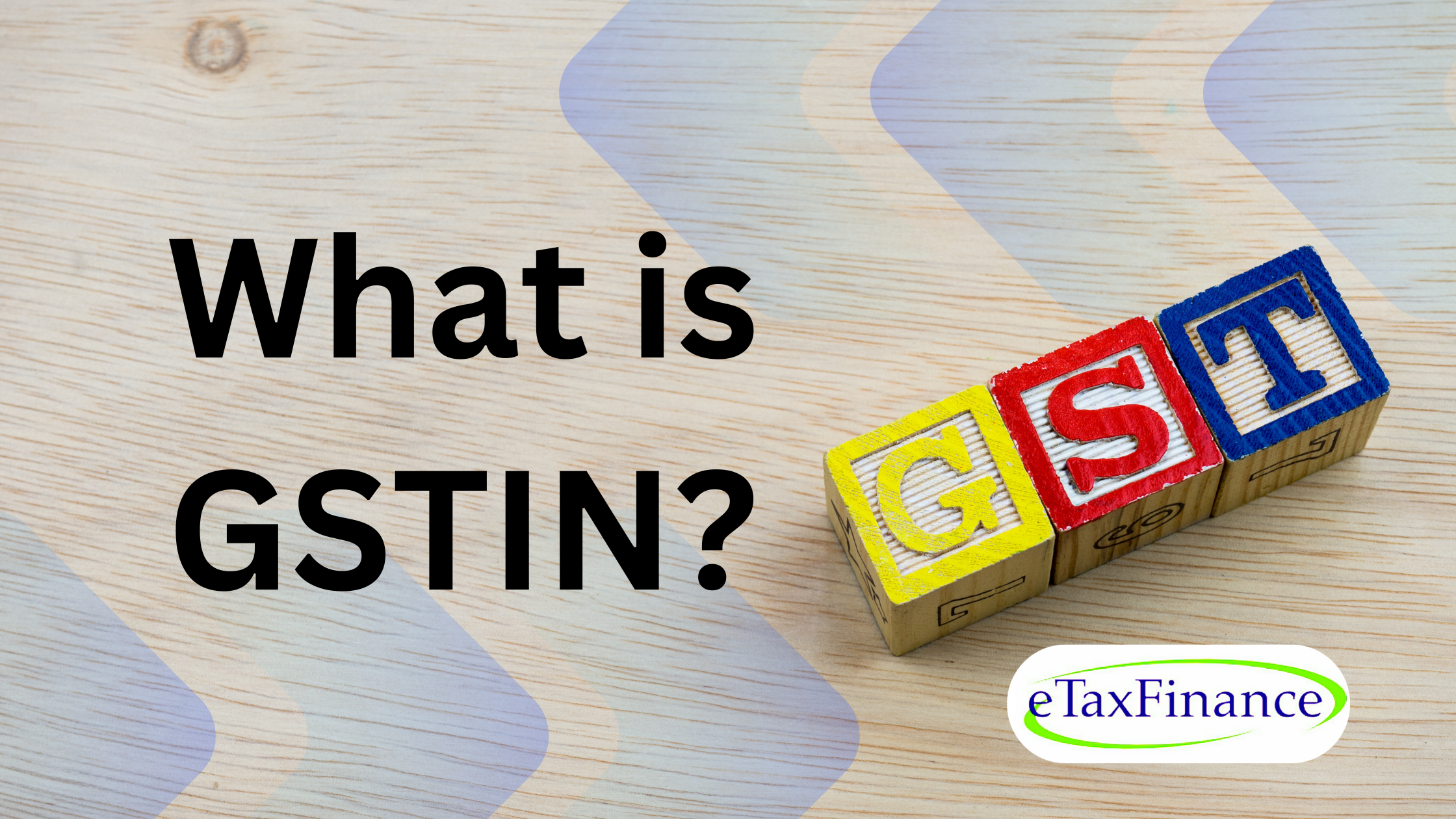What is GSTIN?
GSTIN is a Goods and Services Tax Identification Number that is assigned to each person registered under GST. It is a 15-digit unique identification number. GSTIN has replaced the TAX Identification Number issued to businesses under the erstwhile VAT regime.
Structure of GSTIN:
A unique code known as GSTIN is assigned to every taxpayer, which is state-wise and PAN-based. These 15 characters are based on the following:
- STATE CODE: The first two characters of a GSTIN is the state code of the state in which the person who has been registered under the GST Act operates. Every state has a unique code, and the first two digits of GSTIN are assigned accordingly.
- PAN: PAN is a Permanent Account Number. The 10 digits after state code that is the 3rd to 12th characters of a GSTIN is the PAN of the person who pays tax as per the GST Act.
- REGISTRATION NUMBER: The 13th digit of GSTIN is the entity or registration number of the person whose PAN number is preceded in GSTIN that is the person who pays taxes as under the GST Act. The number is assigned on the basis of the number of registrations in the state of the taxpayer who has registered.
- “Z”: The 14th or the penultimate digit in the GSTIN is constantly the alphabet “Z” for all people registered under the GST Act.
- CHECK CODE: The last digit of GSTIN is a check code that may either be represented by an alphabet or a number.
GSTIN Sample:
Here is a GSTIN sample:
29AAACD1267F1Z6
- The 1st two numbers ‘29’ represent the state code for Karnataka.
- The next 10 digits ‘AAACD1267F’ represent the PAN of the entity.
- The 13th digit ‘1’ represent the entity number of the same PAN.
- The 14th digit ‘Z’ is the default alphabet.
- The 15th digit ‘6’ is the checksum digit.
Cost of obtaining GSTIN:
Obtaining GSTIN and registering for GST are free of cost in India.
Need of GSTIN:
A GSTIN is mandatory for businesses with an annual turnover exceeding Rs 20 lakhs. However, other businesses paying GST should also apply for the same for the following reasons:
- To pay GST.
- Legal recognition as a supplier of goods or services.
- More visibility.
- To claim input tax credit.
- To claim tax deductions available under GST.
- For business/vendor verification.
- To check business/vendor authenticity.
- To avoid frauds.
- To correct GST payments misreporting.
For more details contact out team at +91-7991109093 or drop email us at [email protected]
Note: This Post was last updated on February 7, 2023
Disclaimer: The entire contents of this document have been prepared on the basis of relevant provisions and as per the information existing at the time of the preparation i.e. February 7, 2023. Although care has been taken to ensure the accuracy, completeness and reliability of the information provided, We assume no responsibility therefore. Users of this information are expected to refer to the relevant existing provisions of applicable Laws. The user of the information agrees that the information is not a professional advice and is subject to change without notice. We assume no responsibility for the consequences of use of such information. IN NO EVENT SHALL WE SHALL BE LIABLE FOR ANY DIRECT, INDIRECT, SPECIAL OR INCIDENTAL DAMAGE RESULTING FROM, ARISING OUT OF OR IN CONNECTION WITH THE USE OF THE INFORMATION.


